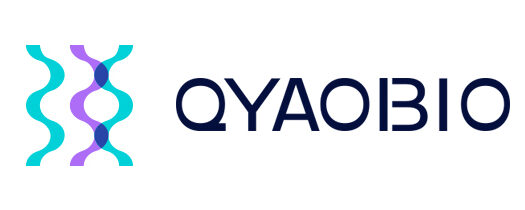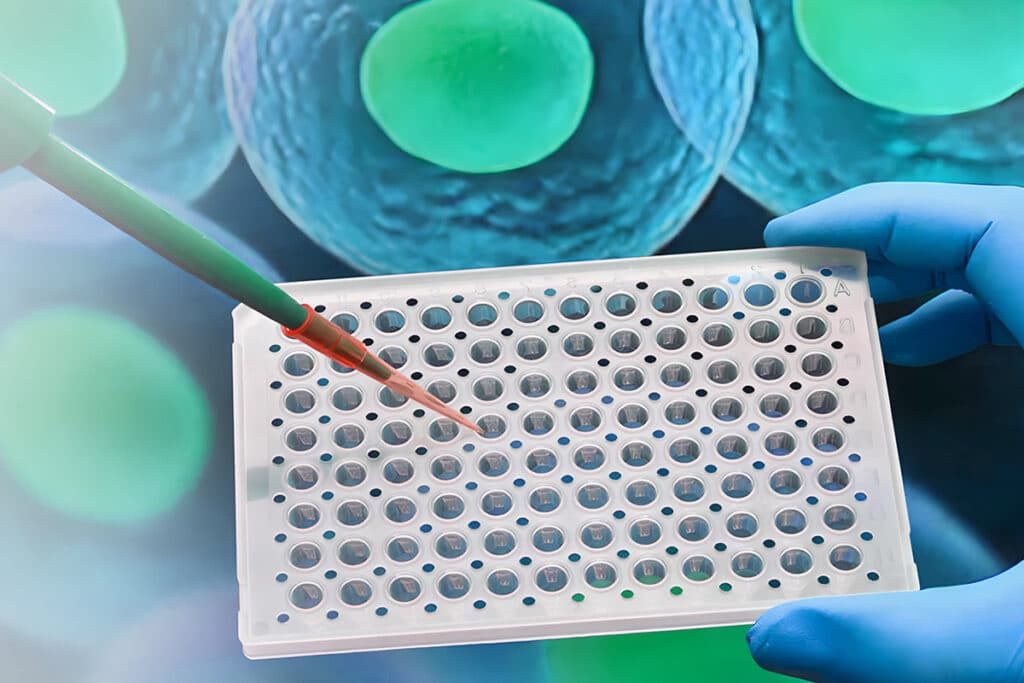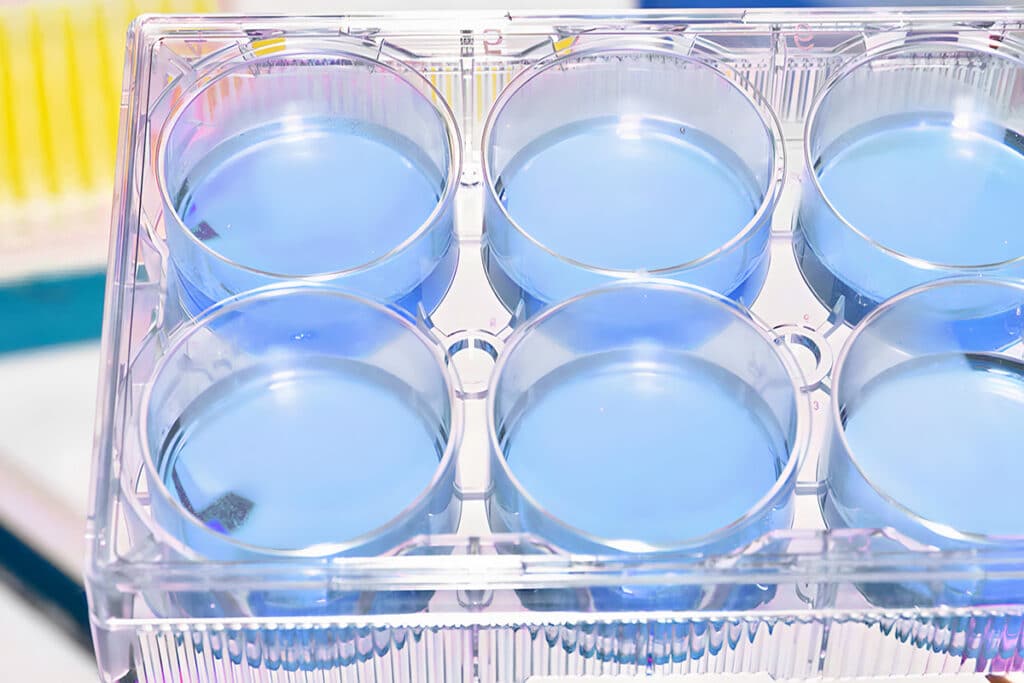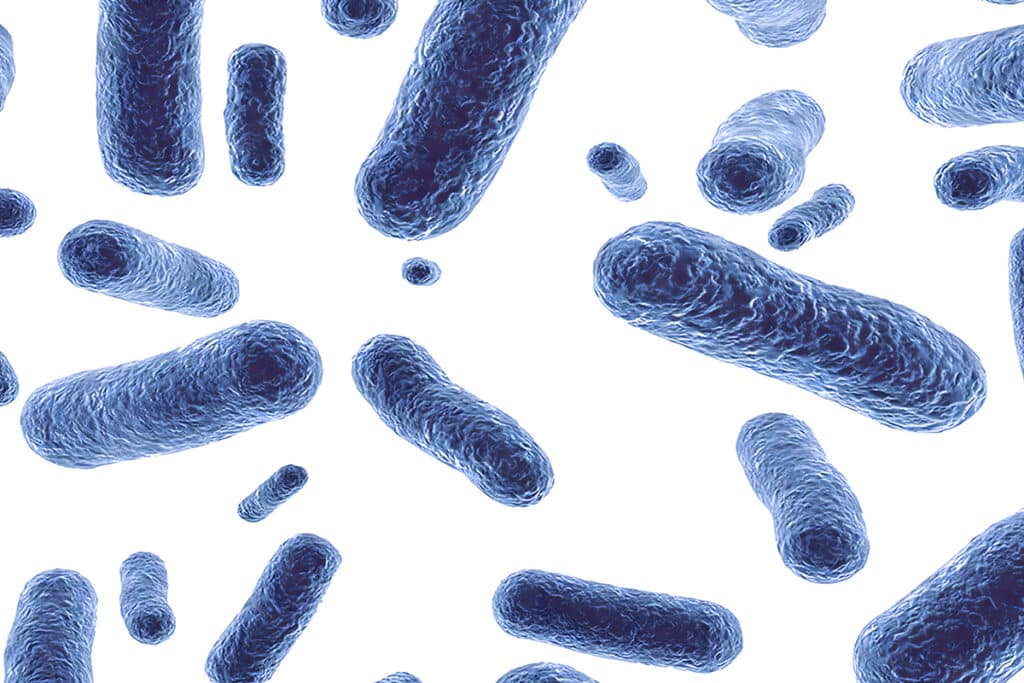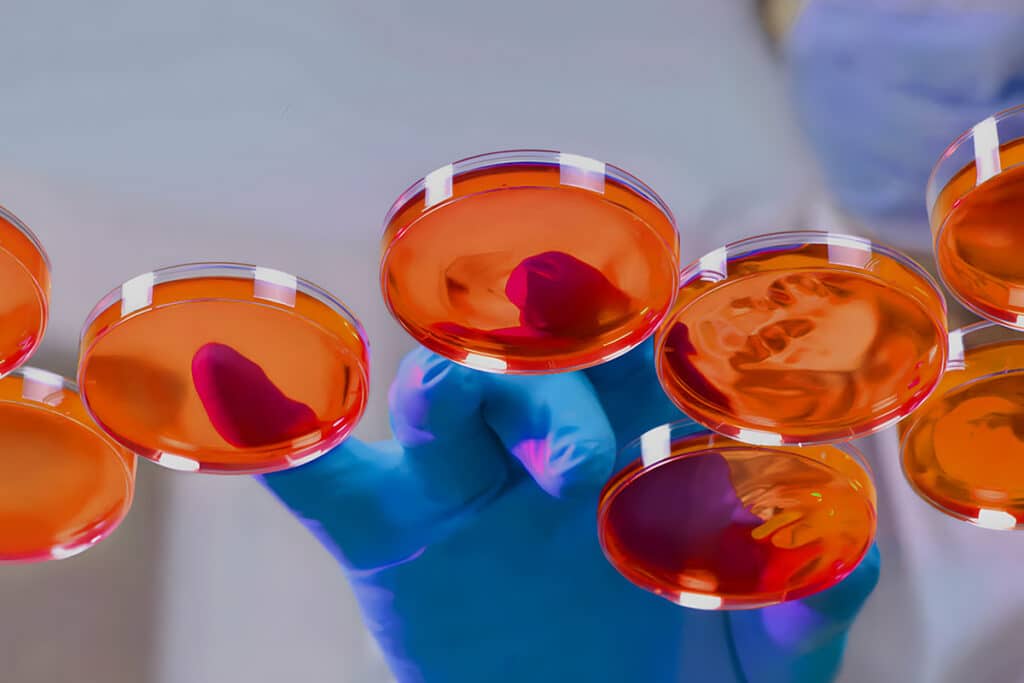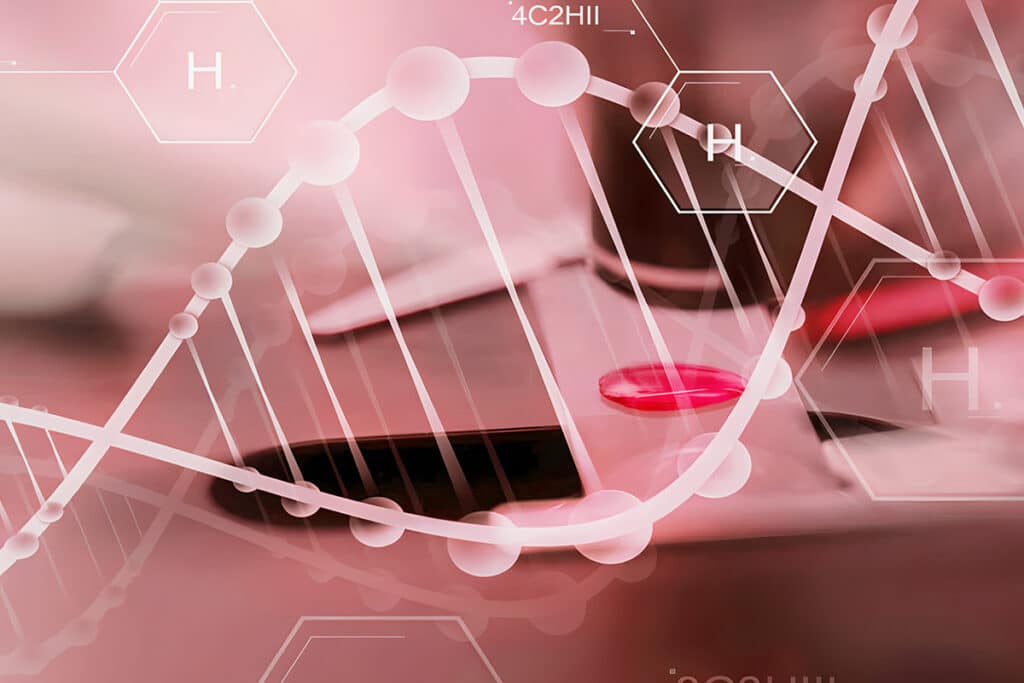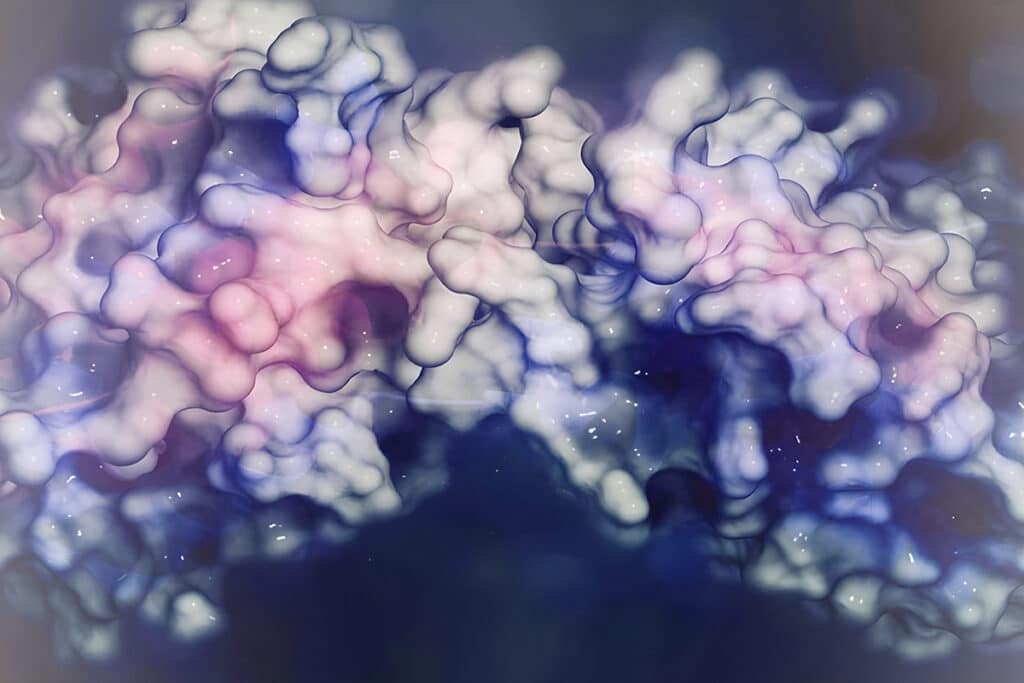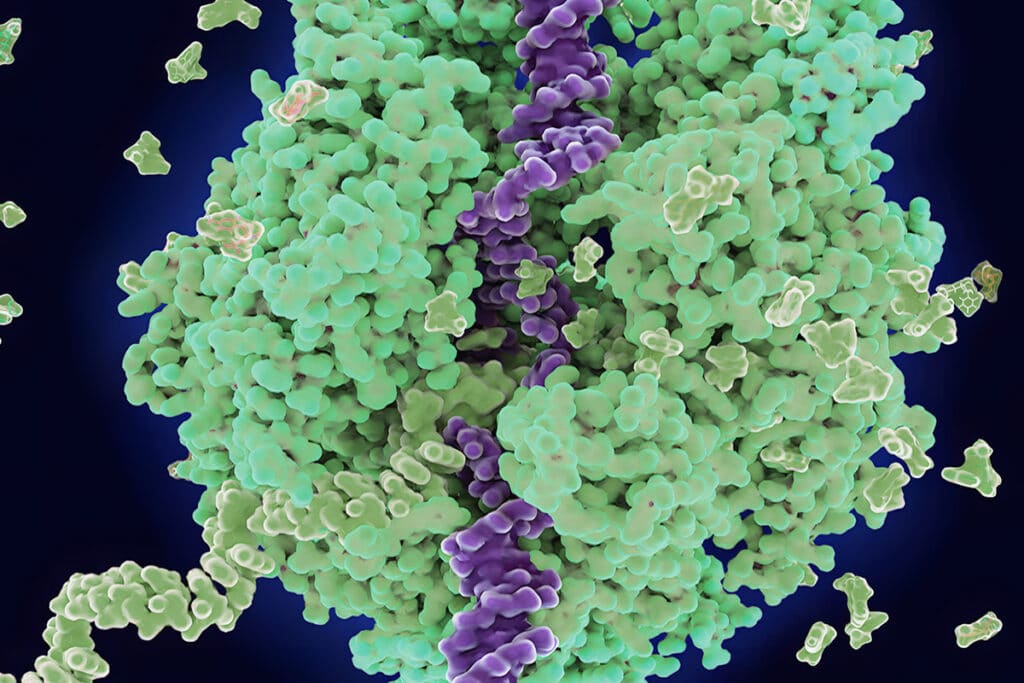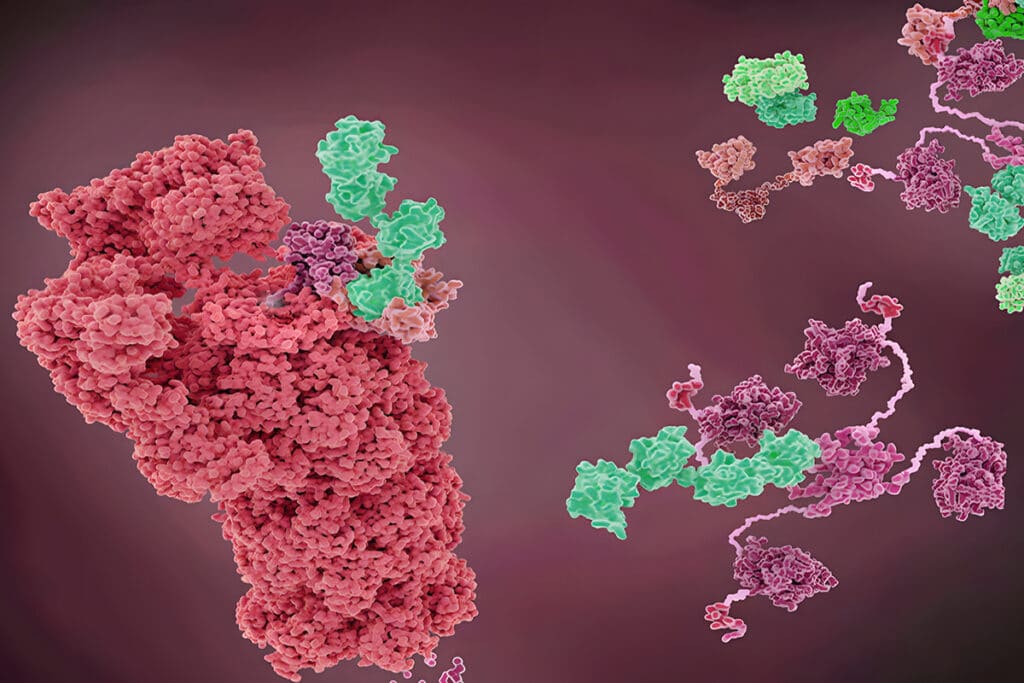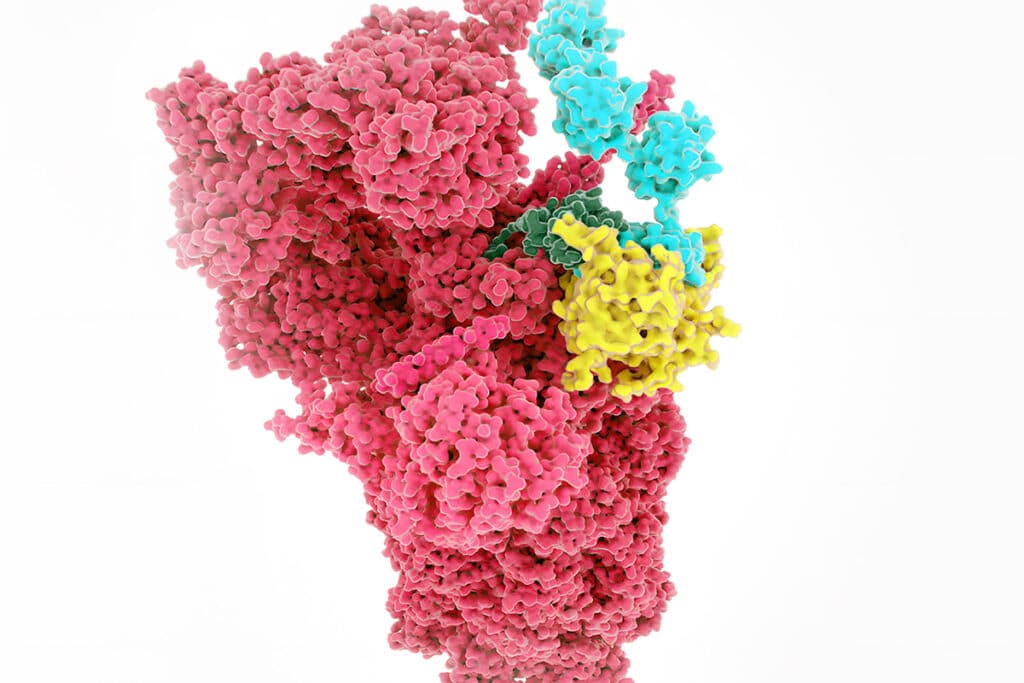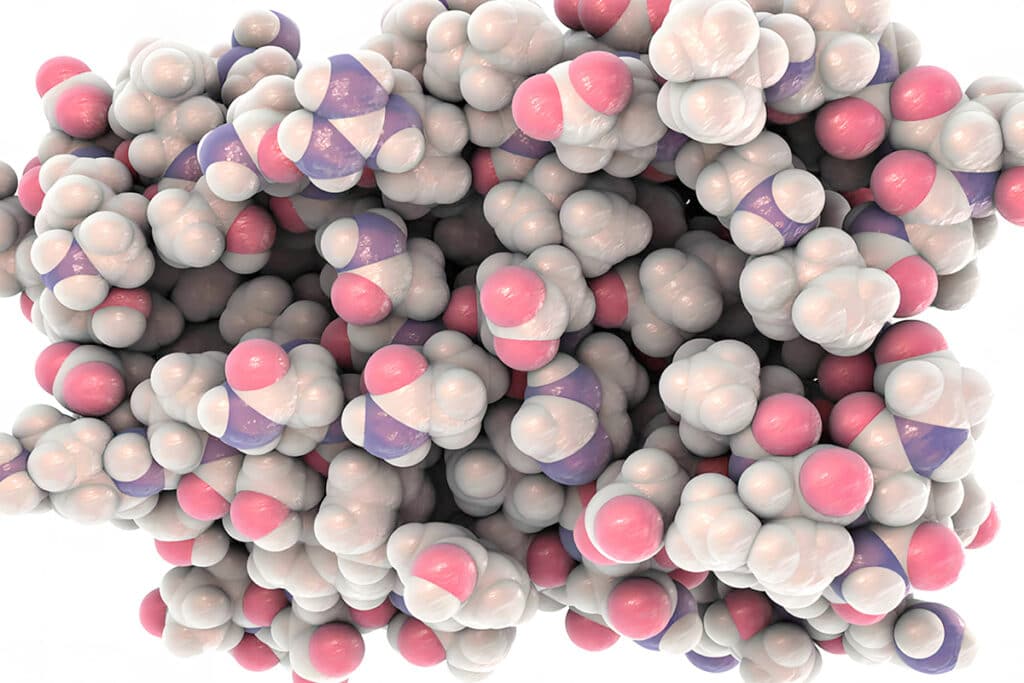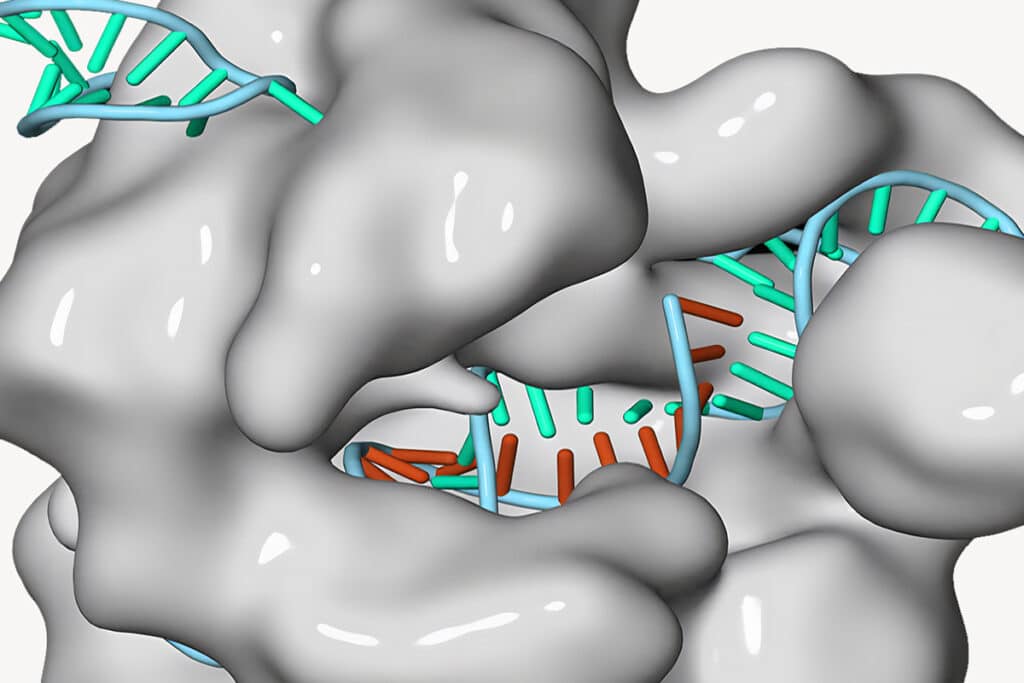Proteins
QYAOBIO provides custom proteins for customers in worldwide
Proteins are the crucial executors in various biological processes. In order to understand the corresponding biological regulations of specific proteins, it is critical to investigate different aspects of proteins, such as localization, modification, interaction, function, and three-dimensional (3D) structure. Normally, high purity target protein is the prerequisite for protein structural analysis. Different protein production techniques are required for different downstream applications and diverse properties.
QYAOBIO provides appropriate gene-to-protein approaches for different protein productions, we support every step in target protein production, including: gene synthesis, molecular cloning, protein expression, protein purification, protein modification, mutagenesis, and characterization. All customizable proteins are guaranteed by our team of experienced scientists.
Protein Expression
Over the past decade, QYAOBIO establishes different expression system for the production of recombinant proteins, including high-performance cell-based expression system, cell-free expression system. In addition, our technology platform for protein purification involves advanced chromatography.
Insect Protein Expression
The insect cell lines are frequently applied in protein expression systems, the most common cell are derived from Spodoptera frugiperda. The baculovirus is a lytic dsDNA virus, it can amplified in cells of the Lepidoptera family insects. In addition, this virus is noninfectious in vertebrates, its promoters are inactive in mammalian cells.
Bacterial Protein Expression
Bacterial protein express system is rapid and simple, it has short doubling time. The media in system culture are cheap, and it is straightforward to scale up bio-production. The most popular host system is Escherichia coli, since there is ample knowledge of its genetics, genome sequence and physiology.
Yeast Protein Expression
Yeast is an attractive organism for the expression of recombinant proteins, due to the highly developed genetic system, easy application, less time input and cost. In addition, yeast systems are able to carry specifically designed plasmids, this is the unique property in recombinant protein expression systems.
Cell-free protein expression
Cell-free protein expression system is the protein synthesis process in vitro, by using translation-compatible extracts of whole cells. In theoretical principles, the whole cell extracts contain all macromolecules and components for transcription, translation and even post-translational modification.
Protein Purification
Over the past decade, QYAOBIO establishes different expression system for the production of recombinant proteins, including high-performance cell-based expression system, cell-free expression system. In addition, our technology platform for protein purification involves advanced chromatography.
Affinity Chromatography Purification
Affinity chromatography is the most robust purification procedure, it is typically applied in the early stages of the purification scheme. This specific affinity interaction can capture the target proteins, remove contaminants and other molecules in solution, enrich or purify the target proteins in a single step. The affinity approach is suitable for proteins with specific binding property.
Ion Exchange Chromatography Purification
Ion exchange chromatography (IEX) purification is a chromatographic separation method, it is based essentially on the net charge of proteins. There are two types of IEX: cation exchange chromatography, anion exchange chromatography. Once buffer pH values above this IP, the protein is negatively charged (anionic), while pH values below, the protein is positively charged (cationic).
Size Exclusion Chromatography
Size exclusion chromatography (SEC) is also known as Gel filtration, it is the mildest techniques of all the chromatography. SEC can separate molecules by different sizes, once pass through the packed resins in the column. Comparing to ion exchange chromatography (IEX) or affinity chromatography (AC), molecules in SEC don’t bind to the chromatography resin. Therefore, SEC has the significant advantage: it is easy to vary conditions to suit the type of sample or the requirement for further purification & analysis without altering the separation.
Hydrophobic Interaction Chromatography
Hydrophobic interaction chromatography (HIC) can separate proteins according to the different surface hydrophobicity. HIC applies the reversible interaction between the proteins and the hydrophobic ligand of HIC resins. This interaction in influenced greatly by the running buffer. The high salt concentration enhance the interaction, while lower salt concentration will weaken it.
Mixed Mode Chromatography
Mixed Mode Chromatography (Multimodal Chromatography) is a liquid chromatography technique for purification of proteins and other bio-molecules. It is utilized successfully for bio-molecules purification, which are difficult to separate by other chromatography methods. In MM chromatography, the ligands in resins interact with the target protein molecule through multiple interactions types, the most critical are size exclusion, ionic, hydrophobic interactions.
HPLC Protein Purification
High performance liquid chromatography (HPLC) is a method for analysis and separation of liquid samples. In chemical biology laboratories, HPLC is indispensable for the purification of peptides and other small to medium-seized organic molecules. There are different types of HPLC columns for specific applications, such as: normal-phase HPLC (NP-HPLC), reversed phase HPLC (RP-HPLC).
Call Us
+86(021)-50795728
+86(027)-60707970
